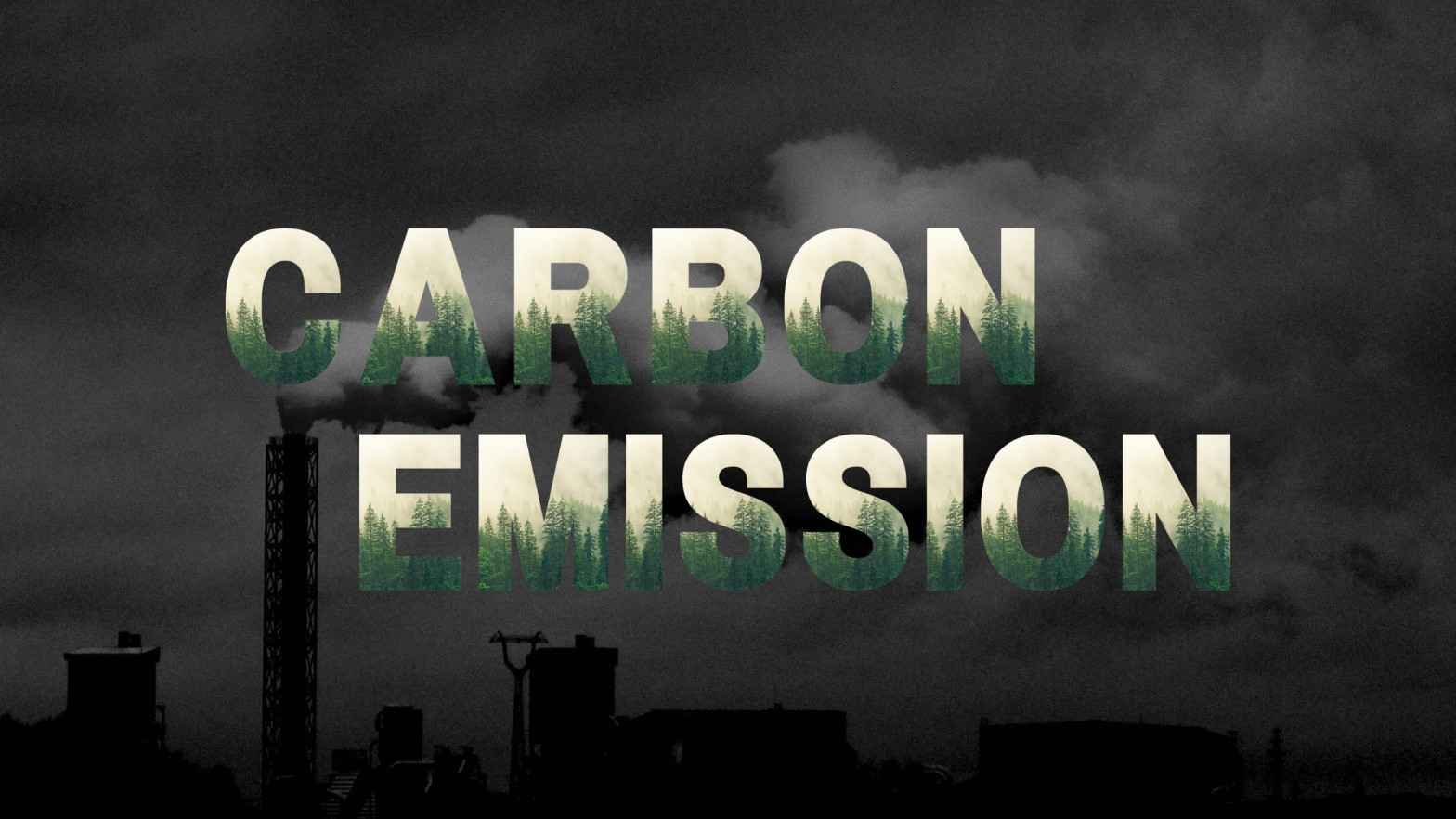
Solar Financing Options Available
We’re excited to announce that we now offer several solar financing options to help make installing a solar system more affordable! But with so many choices available, it can be tough to know which one is right for you. That’s why we’ve put together this guide to the different financing options available. We’ll discuss each one in detail, so you can decide which one is the best fit for your needs.
What Is a Solar Loan?
There are a few different solar financing options available to homeowners these days, and it can be a little confusing trying to figure out which one is right for you. So what is a solar loan? Basically, it’s a way to finance your solar installation. You can either take out a loan from a bank or use a home loan when you are buying a new home with solar power plant. The loan will be for the entire cost of the installation, and you’ll make monthly payments like you would with any other loan.
The nice thing about solar loans is that they usually have lower interest rates than credit cards or personal loans. And you can usually qualify for a loan even if you don’t have perfect credit. So if you’re thinking about going solar, it’s definitely worth checking out the solar loan options available to you.
What Is a Solar Lease?
Solar leases are a great option if you’re not interested in making a big upfront investment in solar panels. With a solar lease, you can lease the panels from the company that installed them, and then you’ll make monthly payments to them.
The great thing about solar leases is that you usually don’t need to have good credit to qualify. And because the installation company owns the panels, they’re responsible for maintaining them and ensuring that they produce the best possible results.
So how does it work? Basically, you agree to let a company install solar panels on your roof in exchange for lower electricity bills. The solar company will own the panels and you’ll make monthly payments to them for the use of the energy they produce. This options are available to commercial and industrial sector only.
What Is a Power Purchase Agreement?
When you’re thinking about solar, one of the first things you need to consider is financing. There are a few different options available, and each one has its own benefits and drawbacks.
One of the most common is a power purchase agreement, or PPA. Under a PPA, the solar company installs and maintains the system for you, and you agree to buy all of your electricity from them at a set price. PPAs are a great option if you don’t want to hassle with maintenance or if you’re not comfortable dealing with contracts. The greatest advantage of a PPA is that the price you pay to the solar power company will be much lesser than what you pay to your regular electricity company (DISCOM).
Another advantage is that if you move your factory or commercial space, you can easily get the solar power plant also moved to your new place as the solar power plants are retrofit and can be dismantled very easily and moved to a new place but the charges for the same has to be borne by you. So it’s important to weigh all your options before deciding which financing option is right for you. PPA option is only available for industrial and commercial sector only
What Factors Should You Consider When Choosing a Financing Option?
When it comes to solar financing, there are a lot of options out there. So how do you know which one is right for you?
There are a few key factors to consider. First, how much can you afford to pay upfront? If you can’t afford to pay a lot, you might want to consider a loan or leasing option.
Leasing can be a great option if you’re not interested in owning the system, but want to enjoy the benefits of solar power. With a lease, you can save money on your electricity bill, and the company that installs the system will take care of all the maintenance.
But if you’re interested in owning your system, a loan might be a better option. This way, you’ll own the system from day one and will save money on your electricity bill in the long run.
How Do You Know if a Solar Loan Is Right for You?
There are a few things you need to take into account when you’re deciding whether or not a solar loan is the right choice for you. Here are a few questions to ask yourself:
How long do you plan on staying in your home?
The answer to this question will help you determine how long you’ll need to pay off your solar loan.
What’s your credit score?
Solar loans are typically available to homeowners with good or excellent credit. If your credit score isn’t quite there yet, you might not get a loan at all.
How much can you afford to pay each month?
This is an important question to ask, because you want to be sure that you can comfortably afford your monthly solar payments.
Do you have any funds available for a down payment?
Many lenders require a down payment for solar loans, so be sure to factor that into your decision-making process.
By answering these questions, you’ll be able to get a better idea of whether or not a solar loan is the right choice for you.
How Do You Know if a Solar Lease Is Right for You?
There are a lot of solar financing options out there, and it can be tough to figure out which one is right for you. That’s why it’s important to do your research and ask a lot of questions.
The best way to start is by figuring out how much money you can afford to spend upfront. A solar lease can be a great option if you’re not able to make a large upfront payment, because you can spread the cost out over time. But it’s important to make sure you understand all the terms of the lease, and that you’ll be able to afford the monthly payments.
Another thing to consider is whether or not you plan on staying in your home for a while. If you’re not sure, it might be a good idea to go with a loan instead of a lease, so you have the option of selling your home later and transferring the solar system to the new owner.
Whatever option you decide on, make sure you talk to an experienced solar installer who can help you find the best financing option for your needs.
How Do You Know if a Power Purchase Agreement Is Right for You?
Weighing the pros and cons of a power purchase agreement (PPA) can be tricky, but it’s definitely worth it to look into all of your options.
A PPA is a great way to go solar if you’re not interested in owning the panels yourself. With a PPA, you don’t have to worry about any of the upfront costs or maintenance fees. The company that owns the panels will take care of that for you.
The big downside to a PPA is that you’re locked into a contract for a set number of years, and if you decide to leave before the contract is up, you’ll have to pay a termination fee. So you need to make sure you’re comfortable with the terms of the agreement before signing on the dotted line.
All in all, a PPA can be a great option if you want to go solar but don’t want to deal with the hassle of owning and maintaining your own panels.
Conclusion
When it comes to solar financing, there are a few different options you can choose from. It can be a little confusing to figure out which one is right for you, but that’s where we come in. So whether you’re ready to go solar or you’re just doing your research, keep reading for more information on solar financing.




